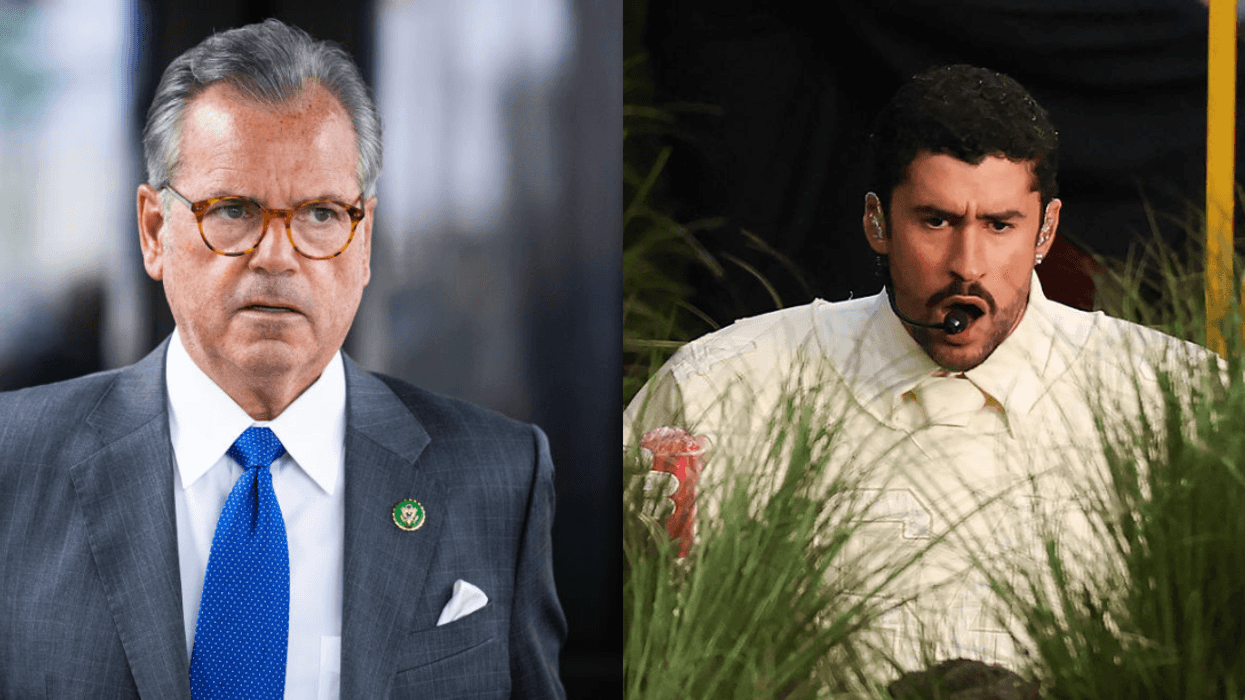On Friday, March 23, President Trump appointed former United Nations ambassador John Bolton to replace H.R. McMaster as his National Security Advisor. The news that McMaster was going to be replaced didn't come as a surprise to many—he and the President had butted heads for quite some time, and in the wake of Hope Hicks' departure as Communications Director, Trump has been much less hesitant about shaking up the personnel at the White House. What DID surprise many was the appointment of Bolton, an obscure Bush-era diplomat with a reputation for aggressive tactics and threatening behaviors. Stephen Colbert thought the issue warranted some discussion with Bolton himself (as played by Dana Carvey).
Carvey's Bolton is as hilarious as it is terrifying.
In the clip, "Bolton" swings by the show to ease Colbert's fears, but quickly makes matters much worse. He threatens to chase Stephen down a hotel hallway flinging staplers at him, and also mentioned sending some "big fat tanks" into North Korea. Meanwhile, his mustache grew ever larger because it "gets a bit engorged when it smells a war coming on."
But it turns out Carvey's impression is a little too close for comfort.
Bolton was actually blocked from his original U.N. appointment by Congress, who kept him away from the position after receiving a message from over 60 retired diplomats speaking against him. Though Bolton's professional career is plenty controversial (he once said that if the U.N. headquarters "lost ten stories, it wouldn't make a bit of difference"), his former colleagues major problem with him was one of character.
During his confirmation hearings, his mistreatment of underlings and embellishment of facts both became sticking points.
In 2005, TIME ran an article detailing some of Bolton's alleged incidents. Here's a particularly revealing excerpt:
Government sources tell TIME that during President Bush's first term, Bolton frequently tried to push the CIA to produce information to conform to—and confirm—his views. "Whenever his staff sent testimony, speeches over for clearance, often it was full of stuff which was not based on anything we could find," says a retired official familiar with the intelligence-clearance process. "So the notes that would go back to him were fairly extensive, saying the intelligence just didn't back up that line."
Those episodes, sources say, frequently involved statements Bolton wanted to make about the malign intentions and weapons capabilities of Cuba and North Korea. Two analysts—one at the State Department and the other at the CIA—told the committee they had run afoul of Bolton in 2002 after they warned that he was making assertions in a speech about Cuba's weapons programs that could not be backed up by U.S. intelligence. Bolton, they said, tried to have them removed from their jobs. Witnesses say that after one of the analysts, Christian Westermann, wrote an internal memo warning of Bolton's embellishments, he was summoned to Bolton's office and subjected to a finger-wagging tirade. Westermann's boss at the time, Carl W. Ford Jr., told the committee in a public hearing two weeks ago that he considered Bolton "a serial abuser" of underlings and "a quintessential kiss-up, kickdown sort of guy."
Bolton eventually bypassed Congressional approval by filling a vacancy left by his predecessor.

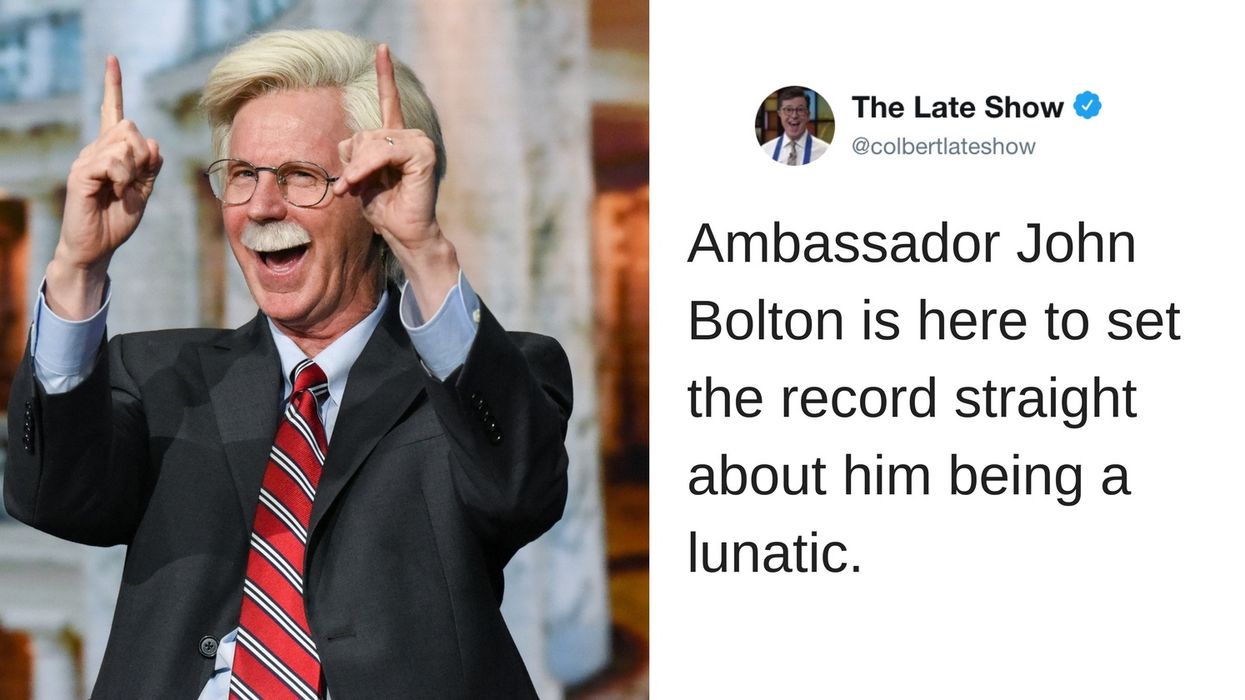



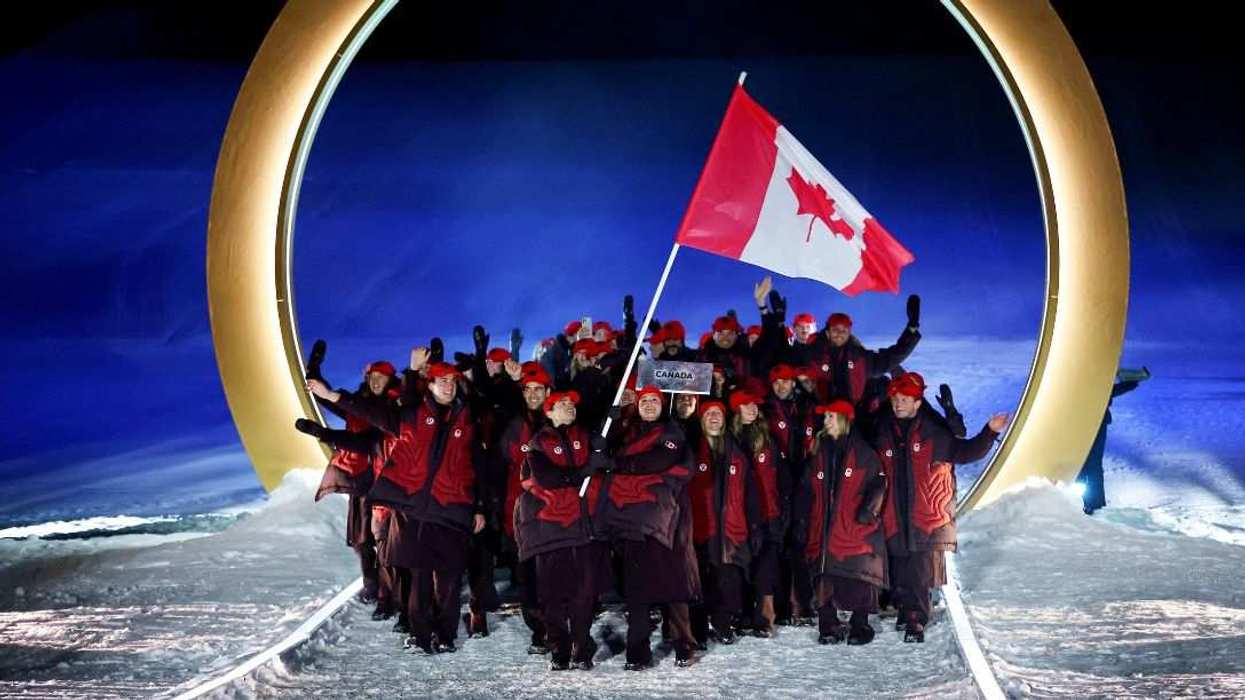

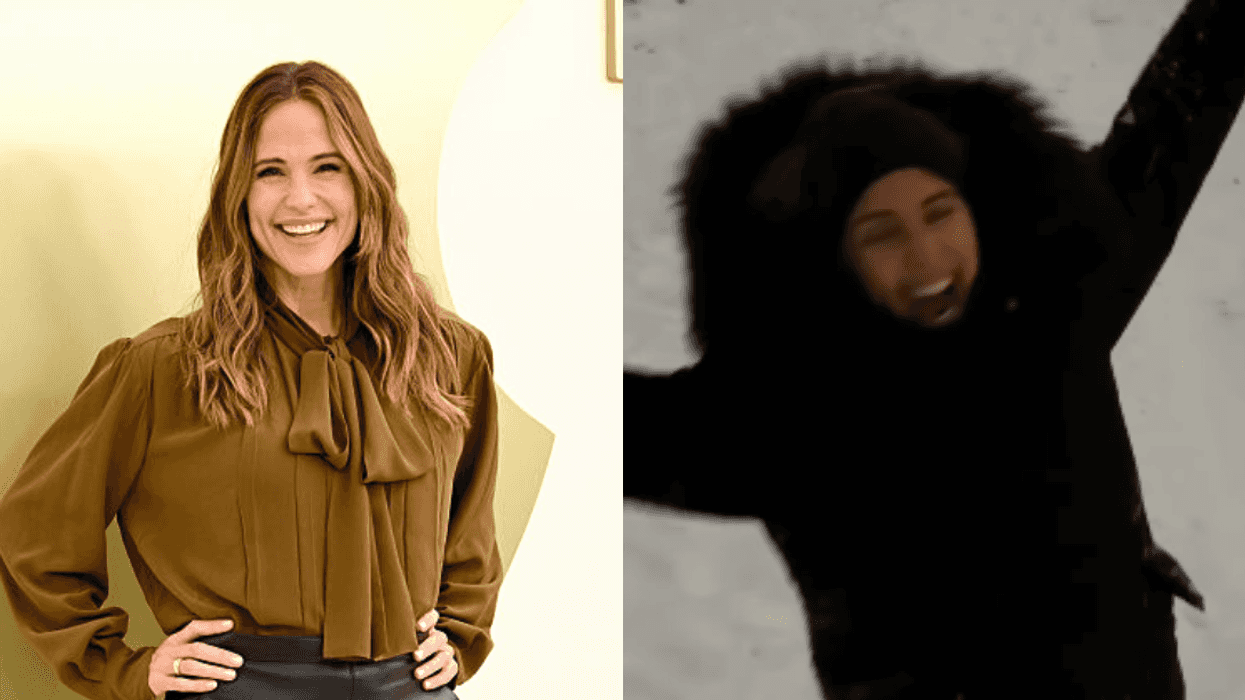
 @jennifer.garner/Instagram
@jennifer.garner/Instagram @jennifer.garner/Instagram
@jennifer.garner/Instagram @jennifer.garner/Instagram
@jennifer.garner/Instagram @jennifer.garner/Instagram
@jennifer.garner/Instagram @jennifer.garner/Instagram
@jennifer.garner/Instagram @jennifer.garner/Instagram
@jennifer.garner/Instagram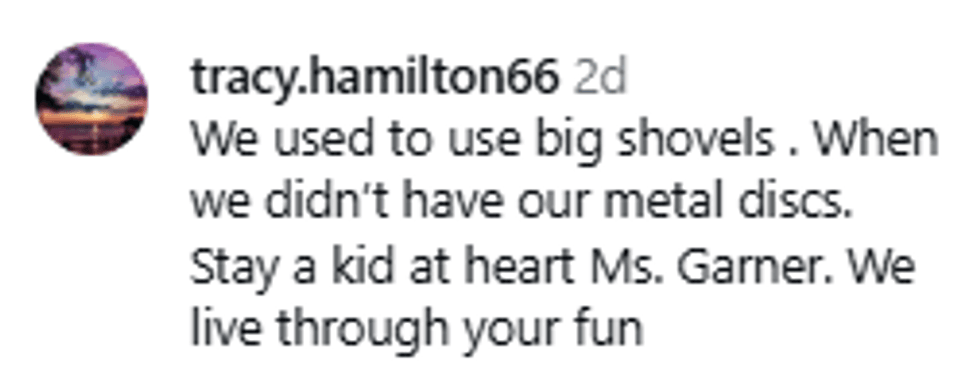 @jennifer.garner/Instagram
@jennifer.garner/Instagram @jennifer.garner/Instagram
@jennifer.garner/Instagram @jennifer.garner/Instagram
@jennifer.garner/Instagram @jennifer.garner/Instagram
@jennifer.garner/Instagram @jennifer.garner/Instagram
@jennifer.garner/Instagram @jennifer.garner/Instagram
@jennifer.garner/Instagram @jennifer.garner/Instagram
@jennifer.garner/Instagram @jennifer.garner/Instagram
@jennifer.garner/Instagram @jennifer.garner/Instagram
@jennifer.garner/Instagram @jennifer.garner/Instagram
@jennifer.garner/Instagram @jennifer.garner/Instagram
@jennifer.garner/Instagram @jennifer.garner/Instagram
@jennifer.garner/Instagram @jennifer.garner/Instagram
@jennifer.garner/Instagram @jennifer.garner/Instagram
@jennifer.garner/Instagram





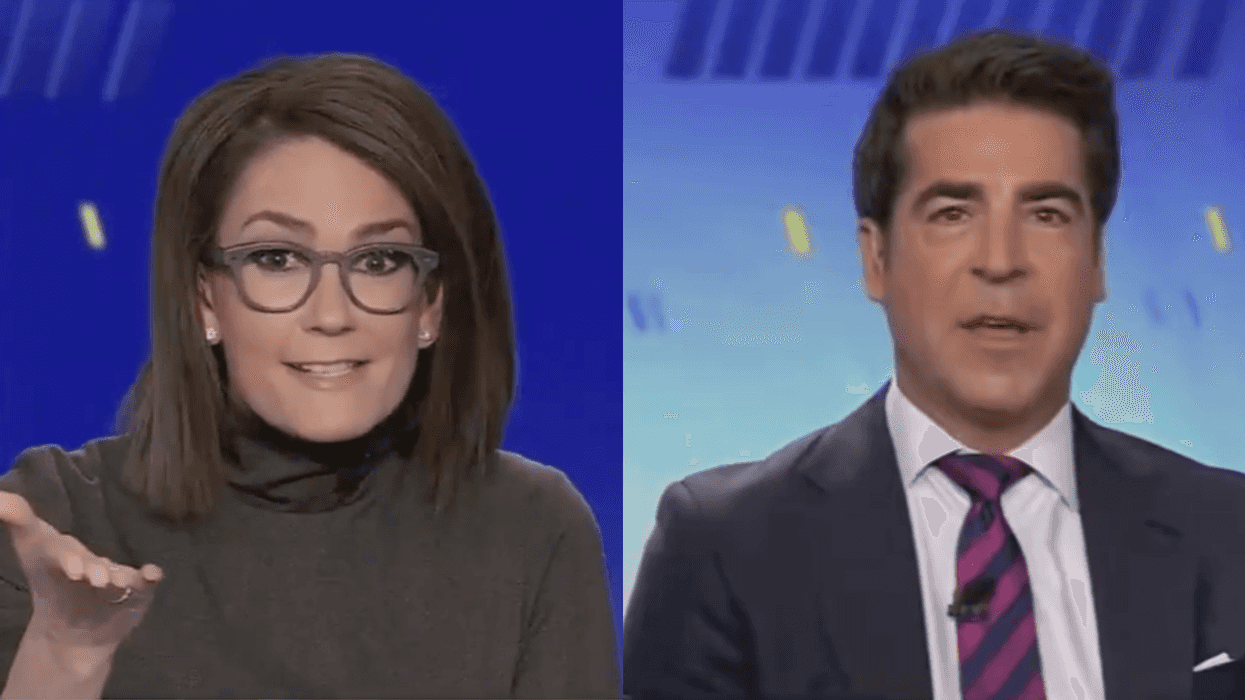

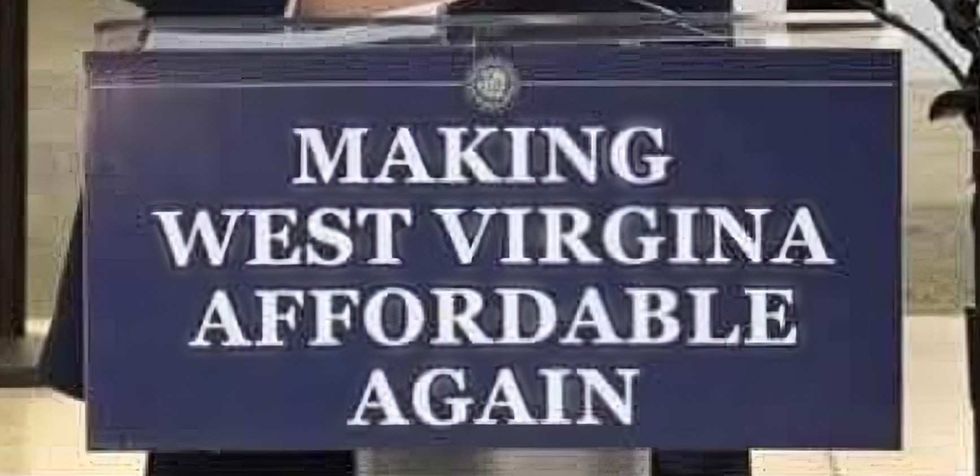 @ameliaknisely/X
@ameliaknisely/X WDTV 5 News/Facebook
WDTV 5 News/Facebook r/WestVirginia/Reddit
r/WestVirginia/Reddit WDTV 5 News/Facebook
WDTV 5 News/Facebook r/WestVirginia/Reddit
r/WestVirginia/Reddit r/WestVirginia/Reddit
r/WestVirginia/Reddit WDTV 5 News/Facebook
WDTV 5 News/Facebook r/WestVirginia/Reddit
r/WestVirginia/Reddit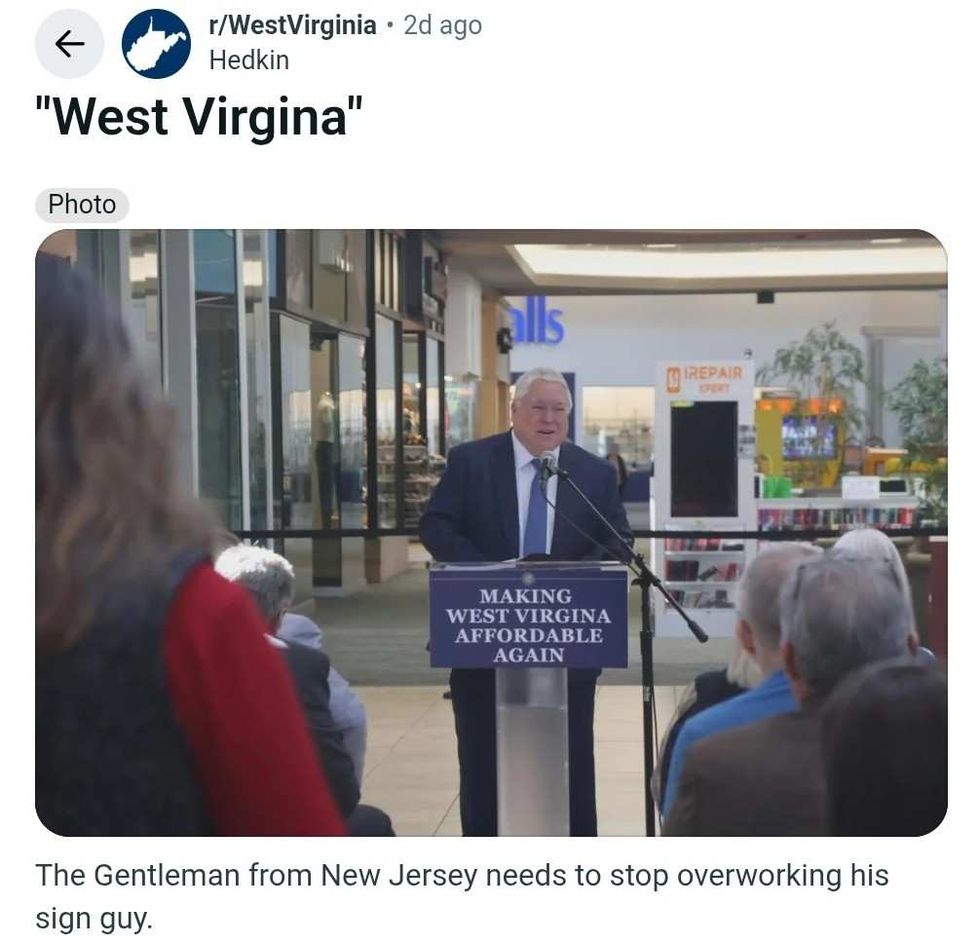 r/WestVirginia/Reddit
r/WestVirginia/Reddit WDTV 5 News/Facebook
WDTV 5 News/Facebook WDTV 5 News/Facebook
WDTV 5 News/Facebook